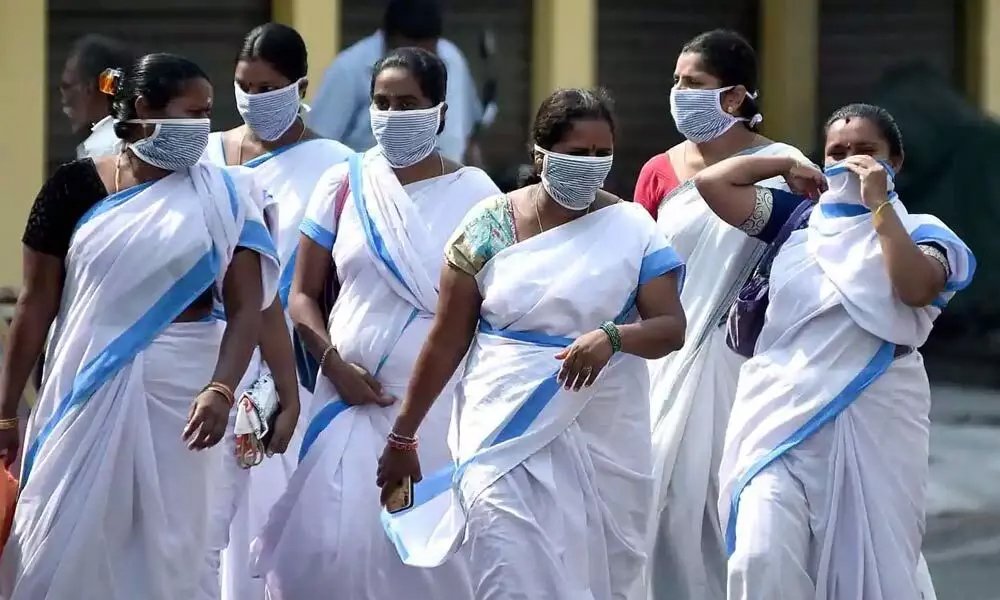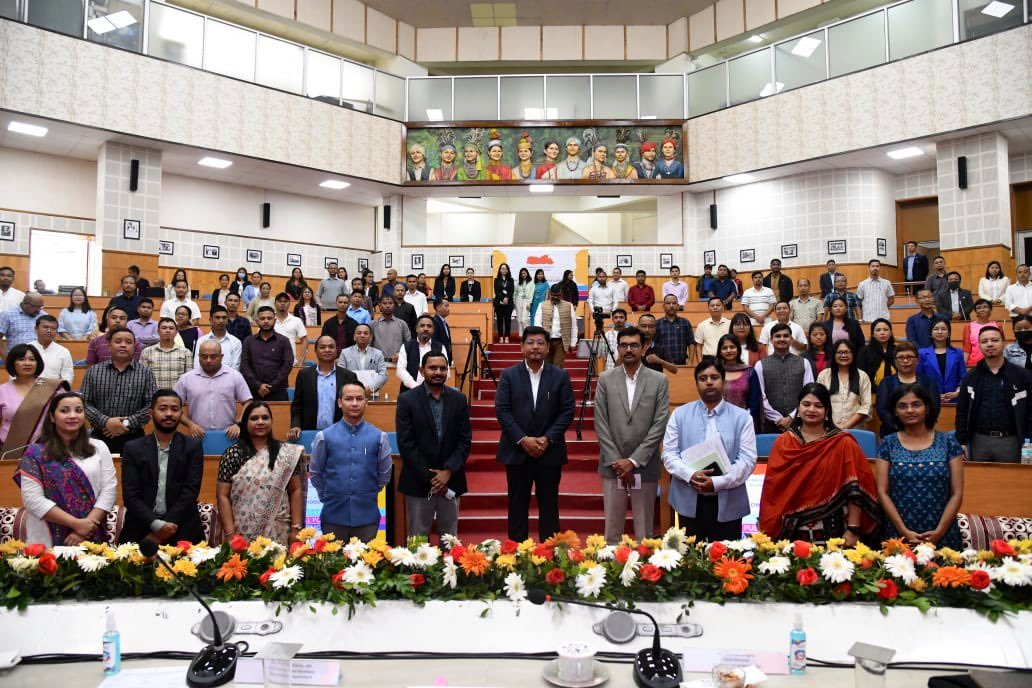HT Bureau
GUWAHATI, Nov 7: The health & family welfare department,
government of Meghalaya is deeply concerned over the
Accredited Social Health Activists (ASHAs) workers in the
State having embarked on a period of ‘rest from work’.
It should be noted that over the past few years, the state has
taken up the concerns and issues raised by ASHA workers
with utmost sincerity and dedication. The development and
implementation of the ”ASHA First” application for seamless
payment of ASHA incentives under National Health Mission
(NHM) has played a pivotal role in ensuring that payments
are released promptly.
It should be noted that on average, well-performing ASHAs
can even receive incentives ranging from Rs. 7000 to Rs. 8000
per month.
Since its launch in October 2022, the department has been
consistent in disbursing payments, showcasing a
commitment to timely and efficient compensation for the
invaluable services provided by ASHA workers. An amount of
Rs 21.89 crore has been released through the application in
the last 12 months and a total of Rs 34.50 crore has been
released in the last 18 months.
Furthermore, pending payments for Meghalaya Maternity
Benefit Scheme (MMBS) and Meghalaya ASHA Benefit
Scheme (MABS), amounting to Rs 53 crore which were
pending since 2013, have been released across the State
during the 2021-2022 fiscal, marking a significant milestone.
It is important to note that the State Government is
also providing a fixed incentive of Rs 2000/- per month to all
ASHAs under the State Scheme, recognising the diverse
challenges faced by ASHA workers. This inclusive approach
ensures that even ASHAs covering small villages with limited
populations receive reasonable financial incentives. Today,
many ASHAs receive their payments, even on a weekly basis
upon raising the claims through the App.
It may also be mentioned that in areas that are challenging to
access, the State government is also entrusting Village Health
Councils (VHCs) to bring in trained community nurses (if
available), who can offer valuable nursing skills to the
community. The proposal for this transition is already
underway.
It is important to reiterate that ASHAs are integral to the
delivery of essential healthcare services. Any disruption in
their services can have severe consequences for the health
and well-being of the community. However, within less than
18 months of the above-mentioned reforms being
implemented by the State for its ASHA workers, the recurrent
threats for service suspension and strikes by ASHA workers
union reflects negatively in the spirit of volunteerism, and
disrupts community health services. Instances where such
disruptions, particularly during agitation periods, have led to
untoward incidents, include a case of maternal death in Ri-
Bhoi District during 2022. Such disruptions in essential health
services are inadmissible and can have severe consequences
for the communities at large.
Under the National Health Mission, ”ASHAs are envisaged to
be community health volunteers and are entitled to
task/activity based incentives”. In line with this, and in order
to ensure that the health services remain undisrupted, the
state government is also requesting the VHCs to identify
suitable community volunteers (who could even be VHC
members), who would be interested in volunteering for
health facilitating services. VHCs are also requested to
engage their members in facilitating basic health services like
connecting the high risk pregnant women to health facilities,
ensuring facilitating support for immunization services during
VHNDs in coordination with the Anganwadi workers,
referring medical cases to ANMs and MOs, among other
basic responsibilities, so as to ensure that health services to
the public remain undisrupted.
The department also underscores the vital importance of
sustained cooperation between ASHAs and health systems,
urging ASHA workers to sustain their vital services to our
communities without interruption. The government remains
firmly dedicated to the well-being of its frontline healthcare
workers and anticipates a pragmatic approach from all of
them, acknowledging that meaningful systemic reforms
require time and thoughtful deliberation for achieving a
shared vision of a healthy community and the state at large.







